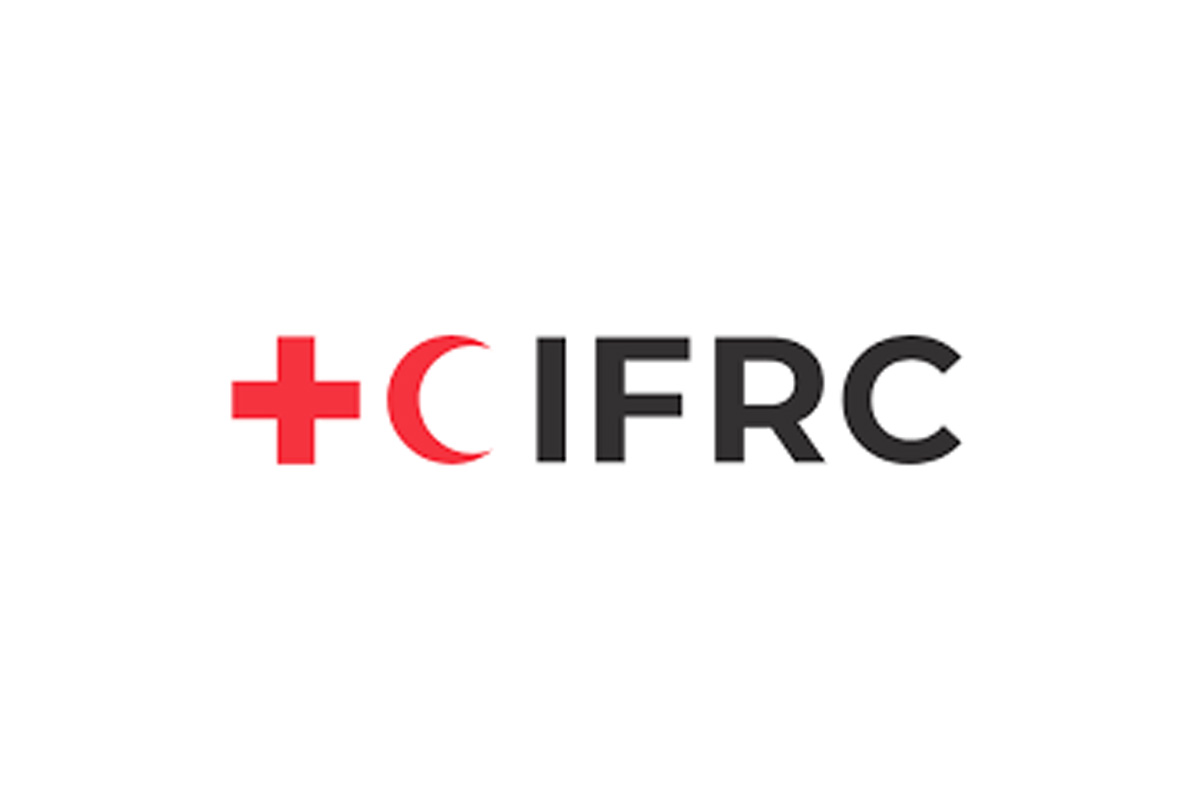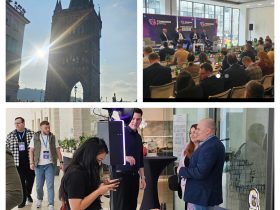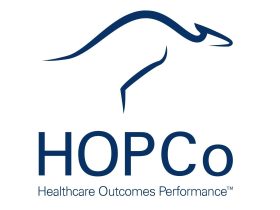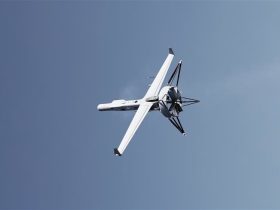The International Federation of Red Cross and Red Crescent Societies (IFRC) has scaled up its activities to provide humanitarian assistance and protection with its route-based approach through the Central Mediterranean and Western Balkans to support vulnerable migrants.
Combining the experience, expertise, and reach of 57 National Societies, IFRC strengthens collaboration and coordination along migration routes, including through hundreds of Humanitarian Service Points on land and one at sea. Migrants can access a wide range of humanitarian support and services, regardless of their migration status and wherever they are on their journeys.
For example, in North Macedonia, a house in no man’s land in the forest along the border with Serbia is used as a base to provide assistance and protection, including spaces to wash, cook and sleep, first aid, restoring family links services and distributing food, hygiene kits, water, blankets, warm clothes and information.
On board the Ocean Viking ship, which has rescued 3,370 people in distress crossing the Central Mediterranean, IFRC teams provide humanitarian post-rescue services such as medical care, first aid, psychosocial support, food, and protection.
In Italy, the Red Cross teams are supporting migrants at every disembarkation, providing first aid, psychological support, restoring family links activities, distributing relief items, and continuing their activities in the whole country, especially in reception centres and humanitarian service points.
The IFRC network works to ensure that all people on the move have access to the services they need, regardless of status. This is more critical than ever with the significant increase in people facing dangerous journeys in search of safety. It needs to be done with a state-coordinated approach to ensure that rights are upheld, dignity is respected, and no-one is left behind.








Leave a Reply